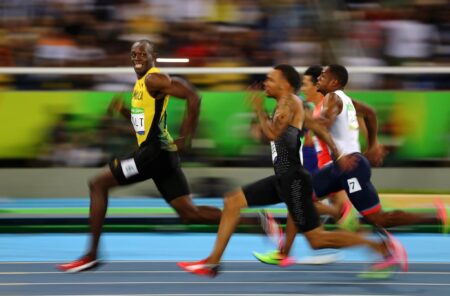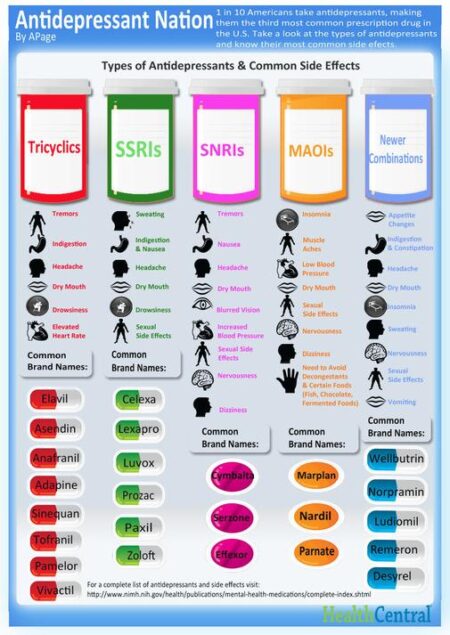A new narrative review on ResearchGate explores the biomechanics of the track and field sprint start, highlighting key factors that influence explosive power and performance in elite sprinters.
Browsing: athletic performance
New research explores whether women outperform men in ultra-endurance events. Experts weigh physiological and psychological factors, challenging traditional views on gender and athletic stamina.
New research explores how antidepressant medications may impact endurance and recovery in trail runners. Experts weigh the benefits and potential side effects, offering guidance for athletes managing mental health.
A new study in Frontiers confirms high test-retest and intrasession reliability for sprint measurements using motorized resistance devices, supporting their accuracy in athletic performance assessments.
WorldAthletics.org launches a new Innovations section, showcasing cutting-edge advancements in training, technology, and performance analytics to elevate athletes’ potential worldwide. Stay updated on the future of athletics.
A new study in Nature reveals how purine metabolism differs between sprint- and endurance-trained athletes aged 20 to 90, uncovering key insights into age-related energy pathways and athletic performance.
UChicago Medicine highlights that young athletes should fuel up with complex carbs and lean protein before games, and replenish with protein and hydration afterward to boost recovery and performance.
A new study comparing leg morphology between sprinters and non-sprinters reveals unexpected differences, challenging traditional views on muscle structure and performance. Findings could reshape athletic training methods.
Beyond the Athlete: The Hidden Blame in Running’s Drug Crisis explores how systemic pressures and governing bodies contribute to doping scandals, revealing a deeper crisis beneath the surface of the sport.









